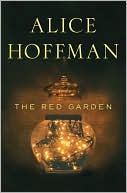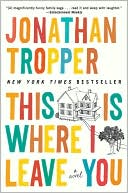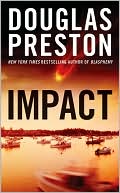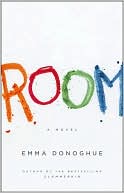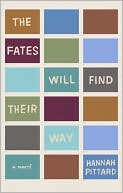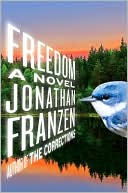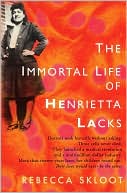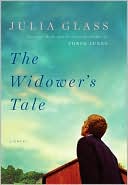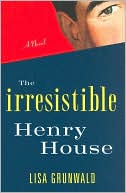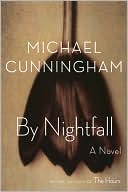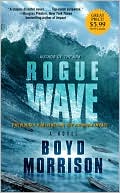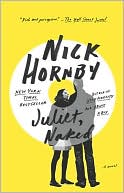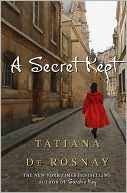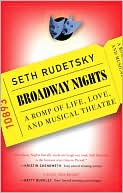by Alice Hoffman
The older I get, the more I appreciate magic. Not of the tacky abracadabra variety, but the kind of magic that comes from miraculous beauty, true love, the glory of nature, profound sorrow, serendipity, heartbreak, mystery, magnetism, whimsy, isolation, enchantment, and masterful storytelling. Alice Hoffman’s latest novel, The Red Garden, contains all of the above and more.
This was my introduction to Ms. Hoffman’s work, and all I can say about that is: So many books, so little time. The novel is composed of a series of 14 linked stories. The first tale, The Bear’s House, details the 1750 founding of the small Western Massachusetts town that came to be known as Blackwell. Hoffman writes:
“Blackwell was deep in Berkshire County, where the weather was mysterious and the people equally unpredictable. Several of the inhabitants were descendants of the foundling settlers, families who had intermarried often enough so that many of the women had red hair, with mercurial tempers that suited their coloring. The men were tall and quiet and good at most everything.”That story introduces us to Hallie Brady, the first of those of strong-willed, red-haired women. In addition to keeping her fellow settlers alive that initial winter, it is Hallie that plants the eponymous garden. The red-soiled garden flourishes and flounders over the centuries, but is just one of many recurring elements featured in these tales. The book might just as easily have been named for the gentle bears or the haunted river, for the stories revolve far more around the town and its people than the red garden itself.
Each successive story moves forward in time, sometimes by just a few years, other times by decades. A child in one story is an adult in the next. A woman in her prime is soon on her death bed. The passing of time is measured not only in human terms. A field named Dead Husband’s Meadow by an unhappy wife soon becomes Husband’s Meadow and eventually Band’s Meadow over time, all without need for emphasis or punctuation. And stories that the reader “witnesses” first-hand early on in the book grow over time into the legends told later.
As these stories progress, we meet successive generations of Partridges and Kellys, Starrs and Motts. Some of the characters can trace their roots all the way back to the founding of Blackwell, others are just passing through. You may even recognize one or two of them. Each story within the novel is complete and does not necessarily lead in any direct way from one to the next, but usually there is a connection. The Red Garden could certainly be read as a short story collection, but there is far more to be savored when appreciating the whole.
Novels of this structure seem to be in vogue of late, but rather than compare it to any recent example, the novel I found myself thinking of as I read was Gabriel García Márquez’s One Hundred Years of Solitude. I read that book decades ago, and just about the only thing I remember is that it was so staggeringly beautiful that I didn’t realize just how truly sad it was until after significant reflection. It may be that the magical realism and similar themes of a town and its successive generations was what brought García Márquez’s masterpiece to mind, but I think it was the allure of Ms. Hoffman’s fables and the captivating beauty of her words. Her stories are not universally sad, but had me experiencing a wide spectrum of emotions. I suspect that I will be picking this book up again and again in years to come, as magic is rare and hard to come by.
